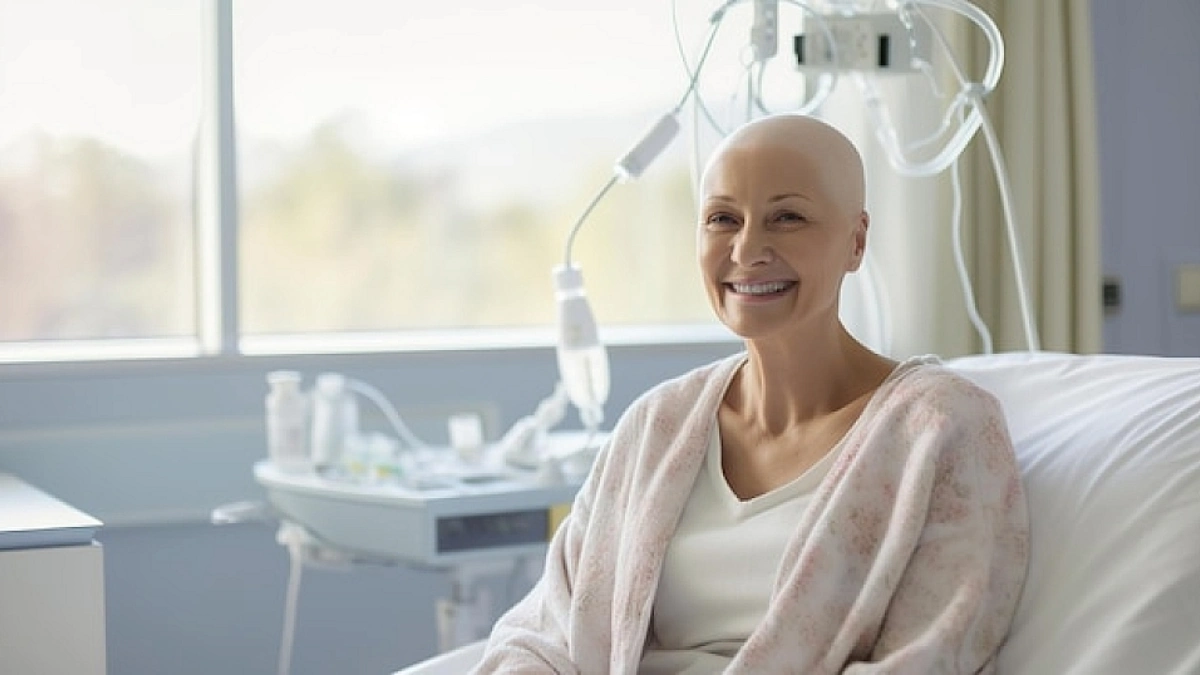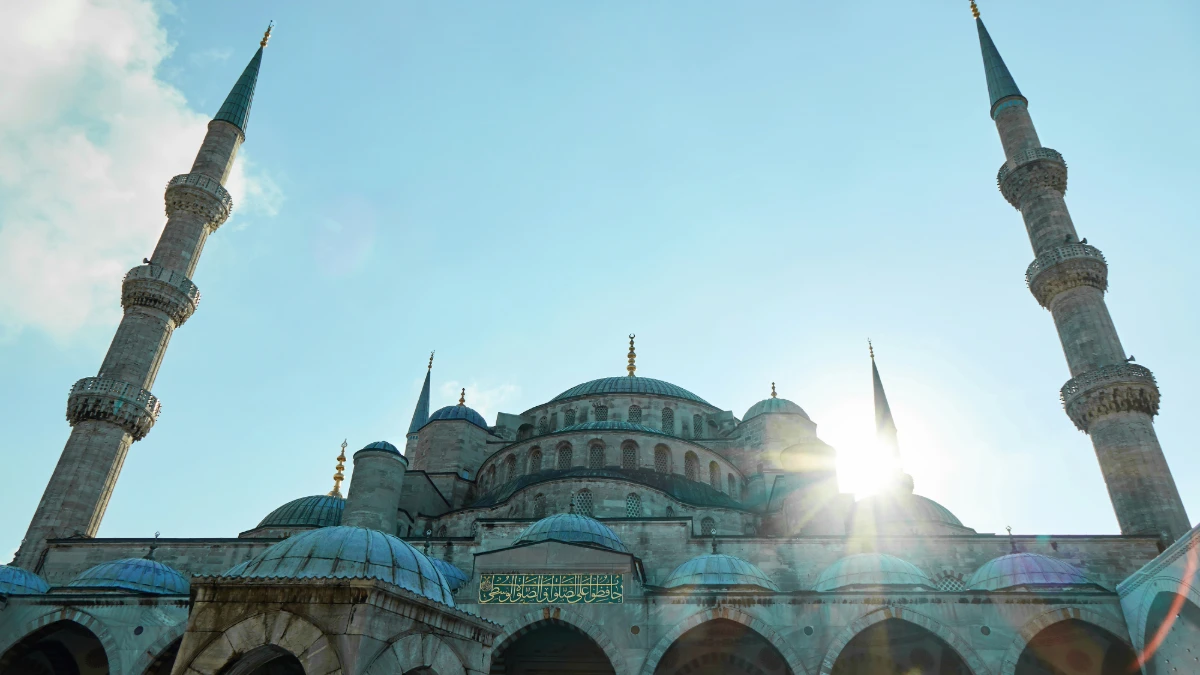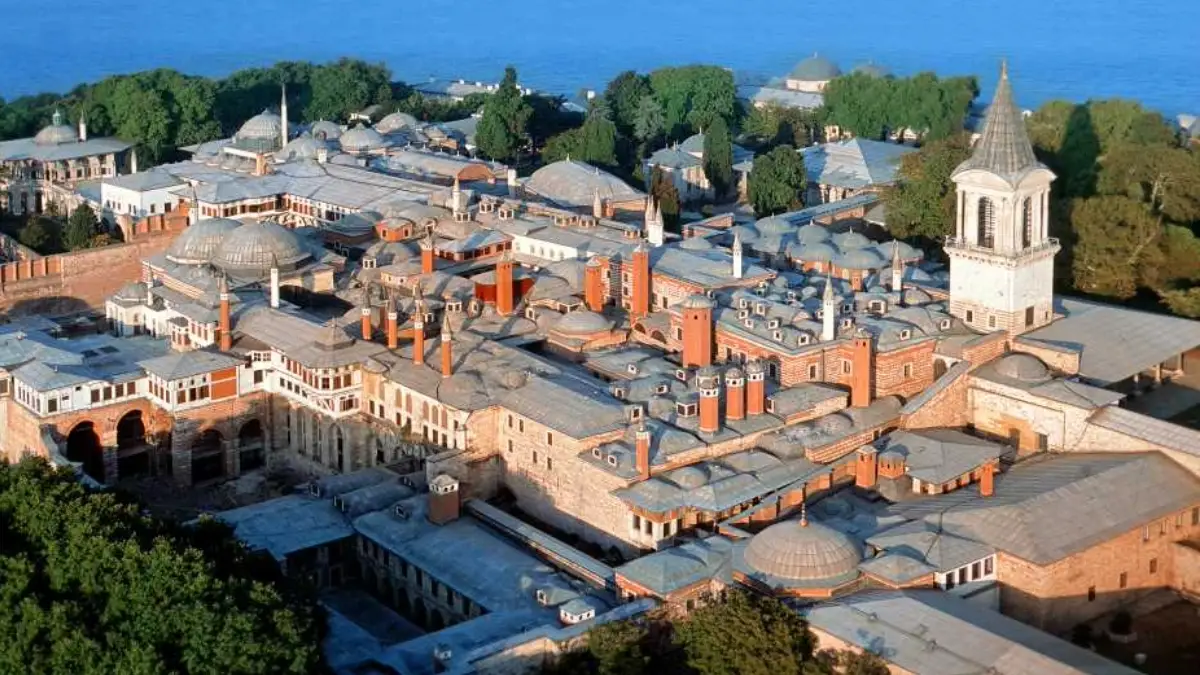Chemotherapy in Turkey presents an exceptional opportunity for patients seeking effective cancer treatment at an affordable cost. Turkey has become a top choice for medical tourism, especially for cancer treatment. With advanced technology and skilled doctors, it offers excellent care at much lower prices than in many other countries.
Chemotherapy Goals and Applications
Chemotherapy plays a vital role in treating cancer by utilizing medicines that are designed to kill cancer cells and halt their rapid reproduction. Through a combination of drugs, chemotherapy effectively targets cancer cells, reducing their ability to grow and spread throughout the body.
When Chemotherapy Is Used
Chemotherapy is employed in various scenarios, including:
- Curative Chemotherapy: Aiming to eradicate cancer without the need for other treatments.
- Adjuvant Chemotherapy: Administered after surgery or radiation to eliminate remaining cancer cells.
- Neoadjuvant Chemotherapy: Reduces tumour sizes before surgery or radiation, increasing the effectiveness of those treatments.
- Palliative Chemotherapy: Provides relief from symptoms when curing the cancer is not possible.
Types and Administration of Chemotherapy
Chemotherapy can be delivered in multiple forms, tailored to the patient’s specific diagnosis and needs:
- Intravenous (IV) Chemotherapy: Administered directly into a vein, typically at a hospital or clinic.
- Oral Chemotherapy: Taken as pills or capsules, allowing patients to receive treatment from the comfort of their homes.
- Topical Chemotherapy: Creams applied to the skin for certain types of skin cancer.
- Local Chemotherapy: Targeting specific areas of the body, such as intra-arterial, intracavitary, or intrathecal chemotherapy, providing focused treatment.
Effectiveness and Side Effects of Chemotherapy
While chemotherapy is an effective method for treating a wide range of cancers, it does come with a spectrum of potential side effects. These can range from mild to severe, including fatigue, nausea, hair loss, and increased susceptibility to infections. Long-term side effects might include heart issues, infertility, and secondary cancers. However, many side effects are manageable and subside after treatment concludes.
What Types of Cancer Can Chemotherapy Treat?
Chemotherapy is a versatile treatment option used to address a wide range of cancers. Its application varies depending on the type, location, and stage of cancer, as well as the overall health of the patient.
Types of Cancer Treated with Chemotherapy
- Solid Tumors: Chemotherapy is commonly used to treat solid tumours such as those found in the breast, lung, colon, and prostate. These tumours may require chemotherapy before or after surgery or in combination with other treatments like radiation therapy.
- Blood Cancers: It is particularly effective for cancers of the blood and lymphatic system, such as leukaemia, lymphoma, and multiple myeloma. Chemotherapy helps manage these by attacking cancerous cells throughout the body.
- Metastatic Cancer: For cancers that have spread beyond their original site, chemotherapy is often used to control the disease and alleviate symptoms.
- Rare Cancers: Chemotherapy can also be used in the treatment of rare cancers, offering patients a viable treatment option where surgical interventions may not be possible.
Factors Influencing Chemotherapy Use
The choice of chemotherapy and its regimen depends on several factors:
- Cancer Type and Subtype: Different cancers may respond differently to various chemotherapy agents. Personalized treatment plans are designed to maximize effectiveness.
- Stage of Cancer: Chemotherapy may be used at different stages, from early-stage to advanced cancers, often with varying goals such as cure, control, or palliation.
- Patient Health and Preferences: Overall health, previous treatments, and patient preferences play a critical role in determining the chemotherapy approach.
By providing a targeted attack on cancer cells, chemotherapy remains a cornerstone in cancer treatment, adaptable to a multitude of cancer types and patient needs.
Preparing for Chemotherapy Procedure in Turkey
Preparing for chemotherapy treatment in Turkey involves several crucial steps to ensure optimal outcomes and minimize complications. These include consultations with healthcare specialists, dental check-ups to prevent oral complications, and discussions on potential side effects such as infertility and hair loss. Patients may also need to plan for logistical aspects like transportation and home assistance during their treatment period.
How Does Chemotherapy Work?
Chemotherapy works by targeting and destroying rapidly dividing cancer cells, which helps prevent them from growing and spreading throughout the body. Cancer cells tend to divide more often than most normal cells, making them prime targets for chemotherapy drugs. These medications interfere with the cancer cell’s ability to reproduce, thus inhibiting tumour growth.
Mechanism of Action
Different chemotherapy drugs have varied mechanisms of action:
- Cell Cycle Disruption: Some drugs interfere with specific phases of the cell cycle, preventing cancer cells from dividing and leading to their eventual death.
- DNA and RNA Damage: Certain chemotherapeutic agents directly damage the genetic material within cancer cells, hindering their growth and division.
Combination Therapy
To enhance effectiveness, chemotherapy is often administered in combination with other therapies, like surgery or radiation. This multi-pronged approach increases the likelihood of eliminating cancerous cells across different stages and locations in the body.
The ability of chemotherapy to target aggressive cancer cells while sparing a significant portion of healthy cells underpins its usage in the comprehensive treatment of various cancers
Chemotherapy in Turkey: Cost and Benefits
Affordability and Quality of Care
The cost of chemotherapy in Turkey is notably lower than in many Western countries, with prices ranging from 2,500to30,000, depending on the treatment complexity and individual patient needs. Despite these lower costs, Turkish hospitals maintain high standards of care, utilizing cutting-edge technology and providing access to skilled medical professionals.
Why Choose Turkey for Chemotherapy?
- Advanced Medical Technology: State-of-the-art devices like TrueBeam® and CyberKnife® are available for precise treatment delivery, minimizing damage to healthy tissues.
- Highly Qualified Medical Staff: Turkish hospitals boast a wealth of knowledge and experience, ensuring comprehensive and effective cancer care.
- Multidisciplinary Approach: Collaboration across medical disciplines enhances treatment success rates and patient outcomes.
- Competitive Pricing: Compared to global standards, Turkey offers a more affordable option without compromising on quality.
Conclusion: Avicenna International Hospital
Turkey stands out as an exemplary choice for chemotherapy due to its affordability, quality, and comprehensive care. At Avicenna International Hospital, our priority is offering top-notch cancer treatment with a focus on patient care and the latest technology. Contact us to learn about your treatment options and join us in your fight against cancer.
The price of chemotherapy in Turkey can vary a lot, but you can expect to pay between $2,000 and $10,000 per cycle, depending on the hospital and the specific treatment plan.
Turkey has some top-notch healthcare facilities and skilled doctors. Many people choose Turkey for cancer treatment because the quality of care is high, and the costs are lower compared to many Western countries.
The 7-day rule is about giving your body a break between chemo sessions. It’s a way to make sure your white blood cells, which help fight infections, have time to bounce back before the next round.
The first few days after chemo—usually days 1 to 5—are often the toughest. That’s when you might feel the most tired, nauseous, and generally unwell as your body reacts to the treatment.







